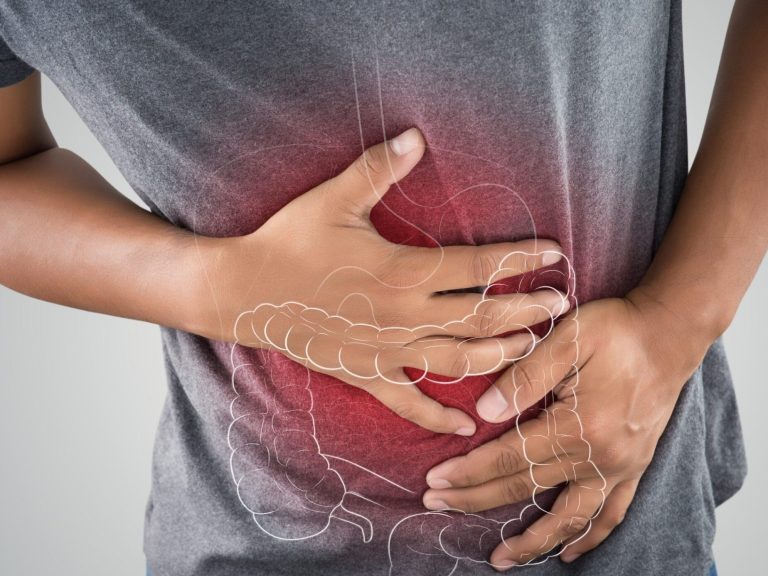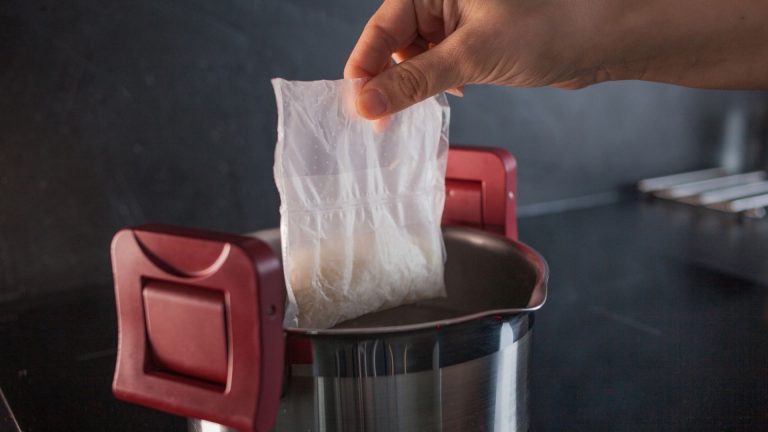Prof. Jahnz-Różyk: HAE preventive treatment is very effective. It is worth including additional patients

Patients treated prophylactically as part of a drug program have no or very little swelling; rarely has any drug program proven to be so effective. We are glad that medicines are available in Poland, but progress is being made in medicine and knowledge about the disease. It is worth considering including more patients in the program, says prof. Karina Jahnz-Różyk, national consultant in the field of allergology.
Hereditary angioedema is a rare disease, patients have to wait a long time for diagnosis. What disturbing symptoms should you watch out for?
Prof. Karina Jahnz-Różyk: It is an ultra-rare disease, affecting 1 in 50,000 people. people, a large proportion of patients are undiagnosed because the first symptoms may be non-specific, patients go to doctors of various specialties. Swelling occurs, is very painful, and lasts up to several days. The disease excludes the patient from everyday life.
Swelling can affect various organs. The most dangerous are laryngeal edema, which can even lead to death. Abdominal symptoms are also dangerous and sometimes lead to unnecessary surgery. However, swelling of the face, genitals, arm and leg can also make life very difficult.
From 2021, we have a drug program for preventive treatment. How did it change patients’ lives?
This was huge progress. Previously, we treated patients after symptoms appeared, and we also had periprocedural prophylaxis. As of 2021, we have a modern drug available, a monoclonal antibody, which has proven to be very effective. Many patients have no symptoms at all, no swelling or much less swelling.
Currently, the criteria of the program are quite restrictive – to include patients in the program, the patient must have at least 12 documented edemas in the last 12 months. However, I want to emphasize that this is the beginning: we always first check the treatment in clinical practice: the effect of treatment and patient safety. However, progress is constantly being made and there are changes in international guidelines. Today, European guidelines state that virtually every patient with angioedema should receive prophylaxis. We are very much looking forward to solving the problem of pregnant women and breastfeeding mothers: we know that pregnancy causes increased swelling. Women often have a fear that the swelling will cause pregnancy loss. There is progress, we really hope that we will be able to include more patients in the program, also from these groups.
We are glad that the drug program is in place and that the treatment is effective. However, should we consider extending it to other groups of patients?
This is typical of drug programs. We need to talk about the progress that is being made. Not all drug programs, and not all drugs used, achieve such good effectiveness as in this program.






